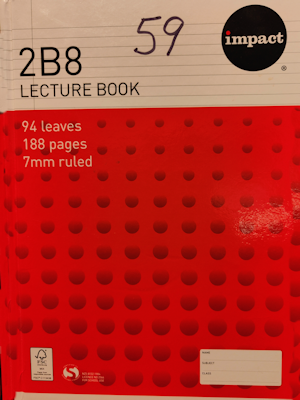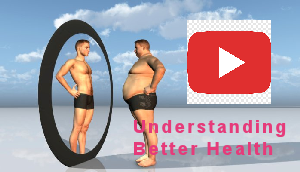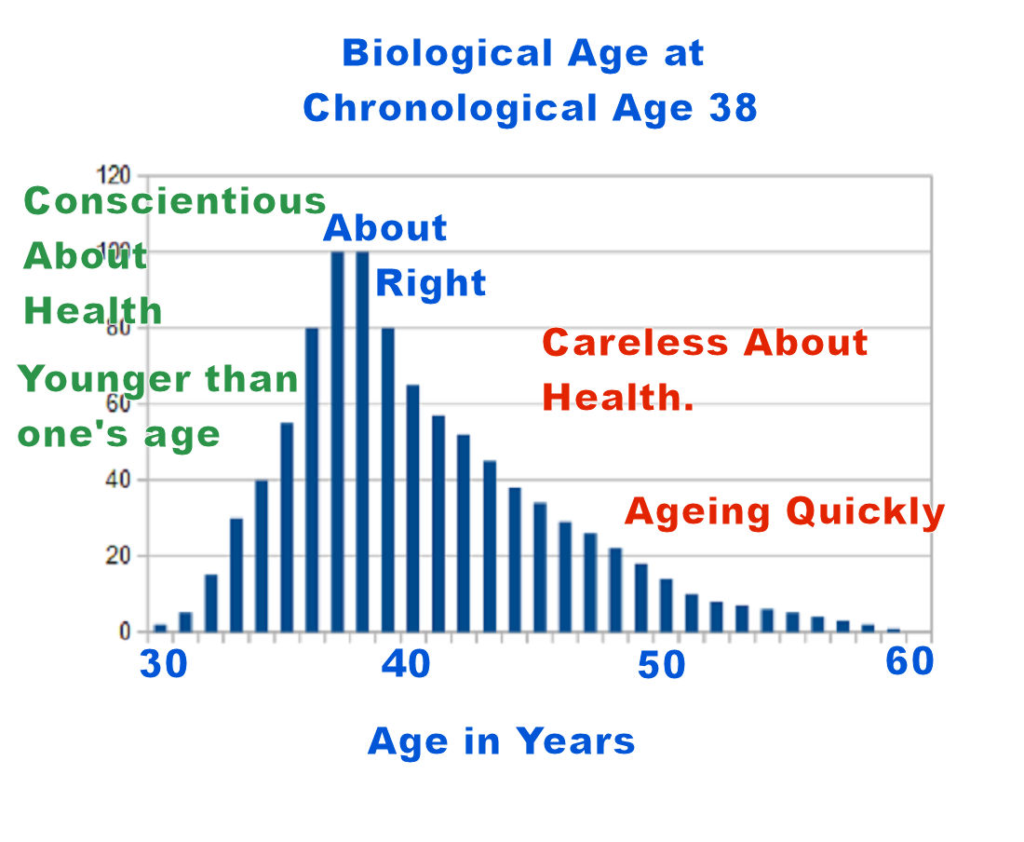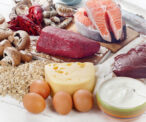Our Memories Lie to Us
Everyone has a faulty memory. Our memories are reconstructions, not a movie playback. We usually reconstruct a memory that shows ourselves in a good light, and maybe shifts the truth a little bit. Even the mirror can lie to us, if we want it to.
I highly recommend keeping a journal. Fifteen years ago, I instructed people how to do that in the “best way”. Today I’m less certain that there is a “best way”. Each of us writes a journal in the best way we know, and for our own purposes. Do it. Over time your way of doing it will change and become more effective for you.

I’ve kept up this practice for a long time.
Information is the difference that makes a difference.
Information makes useful action possible.
Information is experienced in real time
The information in YOUR JOURNAL is tested and validated by your own experience. For the most part that is as good as you can know TODAY. But you change, what you can learn changes, and the world changes around you. What it’s possible to know, today, isn’t necessarily true. But your journal makes it possible to learn.
However, information transfer takes TIME, real hours.
YOUR TIME is YOUR LIFE, and you choose how to use it.
You can’t become healthier with a one-page “tell me what to do.” Effective change in your health takes real time and real effort. If you don’t intend to put in that effort, then we can’t help you.
The promise that better health is possible is real.
Until you KNOW THAT in your own experience, the promise is just pie in the sky. The promise has to be activated by you, nobody else can do it. Use your autonomy, don’t be like everyone else.
The question is: HOW?
Part of the answer is to do the very easy, and also the very hardest thing. To really document and understand what you do each day that in the long run influences your health. It’s hard because it’s so mundane, but you make hundreds of health decisions every day, and they form a pattern, a set of habits, that mostly you never think about. Do what the Dunedin Study researchers suggest, be conscientious about finding better health.
The simple process of keeping your own data, of writing your own record about how you are and how you change from day to day has the potential to change your life. You can make that as simple or as complex as you choose. In the process, you will begin to see new things, and you will change what you do.
I can’t build that sort of written record about you. But you can in two weeks or a month. I encourage you to do so. In starting to improve my own health, I did not make that record, when I began. Frankly, I didn’t know what I was beginning. I don’t know in any precise way how my health was when I began.

That was a mistake you can avoid. Just get a hard covered exercise book and write a few things down. You can tell yourself a comforting lie, if you choose, but in the long run that’s not helpful.
It is difficult to create out of “nothing” and each day one’s own life experience adds very little that is “new”. If you are going to write every day, what you imagine, what you plan to do, what you hope for, must become a good part of what you write about.
Getting Ready to Make a Difference
A journal doesn’t need a purpose or a goal so much as a driving force that comes from the need of the writer. In many cases this is just the desire to collect the evidence and solve the mystery. In some cases, this will be a search for truth. Your work or your life can provide a surfeit of clues, and part of the task is to decide what clues are evidence and what is irrelevant.
When you are ready, you usually discover what you need to know. The process of getting ready is hard work. When you “already know the answer,” you can only get on with the task. But in the face of repeated failure, you will begin to doubt what you know. Then you may be ready to discover what you need to do better. There’s no shortcut. The path to knowledge runs through the wilderness, a time of uncertainty. Make space for not knowing.

This very important graph comes from the Dunedin Study. At age 38, members biological health was estimated using many different measures. You can see that generally a few people were younger, and a significant number were older than 38. When the children of these members were tested as 12-year-olds, their physical health was significantly worse than their parents at the same age.
While this trend is true of a population, where YOU appear in that population is largely in your own hands. Are you “conscientious” or don’t you care. In this case we want to be “younger” and that is certainly achievable, but not in six weeks. You need to make a plan, a sensible doable plan, and follow through over several years, with the years between 55 and 80 being the most critical. Getting to 80 years of age in good or excellent health is a worthwhile achievement.
You might Like to Register with us on WhatsApp
We will occasionally drop you a note of encouragement.
/

You might like to see the Open Future Health Blog
This is the new blog, that I maintain occasionally. This is a link to recent posts.

